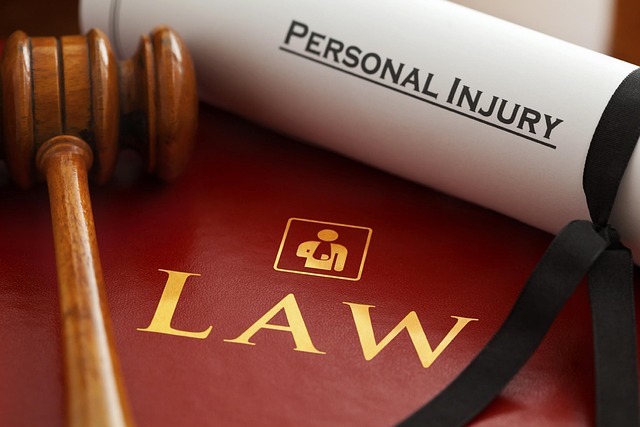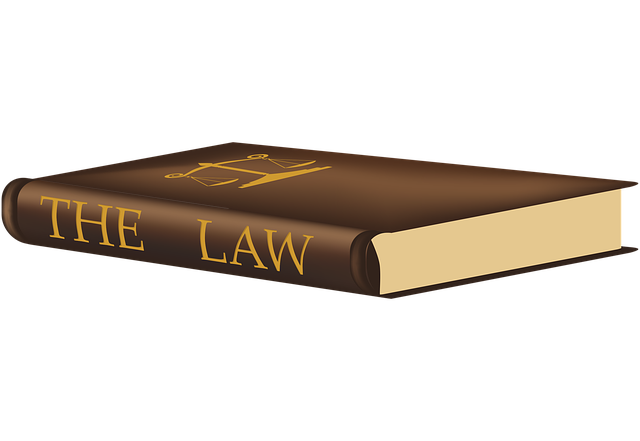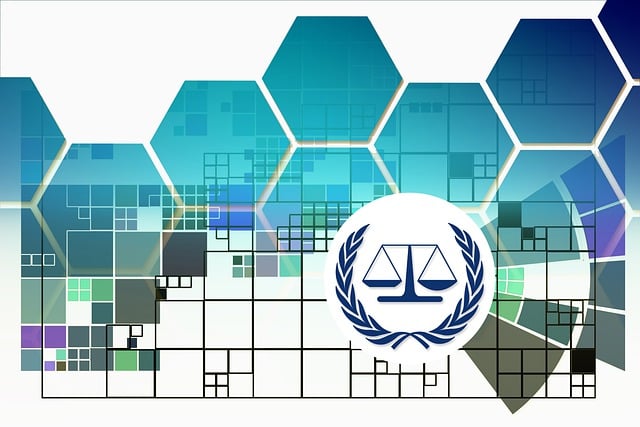Personal injury law protects individuals harmed by another's negligence or intentional actions, focusing on justice and accountability. It covers diverse cases like car accidents, medical malpractice, slips & falls, and product liability, requiring understanding of key concepts such as duty of care, negligence, damages, and statutes of limitations. Victims should prioritize safety, seek immediate medical attention, gather evidence, and consult a qualified attorney to navigate legal complexities, secure fair compensation within timeframes, and restore pre-injury state.
Personal injury law protects individuals harmed by another’s negligence or intentional acts. This comprehensive overview delves into the intricate details of personal injury law, equipping readers with essential knowledge. We explore common types of cases, from car accidents and slip-and-falls to medical malpractice, detailing legal recourse available. Understanding liability and compensation is crucial for navigating these claims effectively. Learn the steps to take after an incident, ensuring your rights are protected while you seek justice and fair compensation under personal injury law.
- Understanding Personal Injury Law: A Comprehensive Overview
- Common Types of Personal Injury Cases and Their Legal Recourse
- The Role of Liability and Compensation in Personal Injury Claims
- Navigating the Process: Steps to Take After a Personal Injury Incident
Understanding Personal Injury Law: A Comprehensive Overview

Personal injury law encompasses a wide range of legal issues centered around compensating individuals for physical, emotional, or financial harm caused by someone else’s negligence or intentional actions. It’s a complex field that seeks to provide justice and redress for victims while holding responsible parties accountable. This area of law covers various scenarios, from car accidents and slip-and-fall incidents to medical malpractice and workplace injuries.
Understanding personal injury law involves grasping key concepts like duty of care, negligence, damages, and statutes of limitations. Duty of care refers to the legal obligation one person has to act reasonably to avoid harming others. Negligence occurs when this duty is breached, leading to an injury. Damages are compensation for losses or harm suffered, while statutes of limitations set timeframes within which legal action must be taken. Navigating these intricacies requires the expertise of a qualified attorney who can guide victims through the process, ensuring they receive fair and just redress for their injuries.
Common Types of Personal Injury Cases and Their Legal Recourse

Personal injury cases encompass a wide range of incidents, each with its own unique legal complexities and potential outcomes. From car accidents to medical malpractice, understanding the common types of personal injury cases is crucial when navigating the intricacies of personal injury law. Car crashes, for instance, involve claims against at-fault drivers or vehicle manufacturers, often seeking compensation for medical expenses, pain and suffering, and property damage.
Medical malpractice suits, on the other hand, arise from negligence by healthcare professionals, such as doctors or nurses. These cases can be complex due to the specialized knowledge required to prove medical standards of care were breached. Other prevalent personal injury scenarios include slips and falls, workplace accidents, and product liability claims against manufacturers for defective goods. Each of these cases requires specific legal strategies and expertise within the personal injury law field to secure fair compensation for victims.
The Role of Liability and Compensation in Personal Injury Claims

In personal injury law, understanding liability and compensation is paramount for both victims and defendants. Liability refers to the legal responsibility for causing harm or damage, which can arise from negligence, intentional acts, or product defects. When a person suffers injuries due to another party’s actions, establishing liability forms the foundation of their claim. The victim must prove that the defendant owed them a duty of care, breached that duty, and directly caused the resulting injury.
Compensation plays a crucial role in resolving personal injury claims. It involves providing fair and just redress to victims for their physical, emotional, and financial losses. This can include medical expenses, lost wages, pain and suffering, and other damages. The compensation aims to restore the victim to their pre-injury state as much as possible and ensure they are not left bearing the economic burden of someone else’s negligence or misconduct.
Navigating the Process: Steps to Take After a Personal Injury Incident

After a personal injury incident, navigating the legal process can seem daunting. However, taking immediate steps to ensure your safety and well-being is paramount. First, seek medical attention regardless of the severity of your injuries, as documentation from healthcare professionals is crucial for any personal injury law claim. Next, gather evidence at the scene, including photographs of injuries, damage to property, or witness statements. These details can significantly strengthen your case when dealing with insurance companies or legal proceedings.
Subsequently, identify and consult with a qualified personal injury lawyer who can guide you through the complexities of personal injury law. They will help assess liability, calculate potential compensation, and represent your interests throughout negotiations or trials. Remember to keep detailed records of all communications, medical bills, and any other relevant documents to support your claim effectively.
Personal injury law is a crucial field that ensures individuals receive justice and compensation after sustaining harm due to someone else’s negligence. By understanding the various types of cases, the liability process, and the steps to navigate these claims, victims can better protect their rights. This comprehensive overview equips folks with knowledge to make informed decisions, fostering a safer and more accountable society. Remember that if you’ve experienced a personal injury incident, delving into your legal options is essential for achieving justice and healing.
